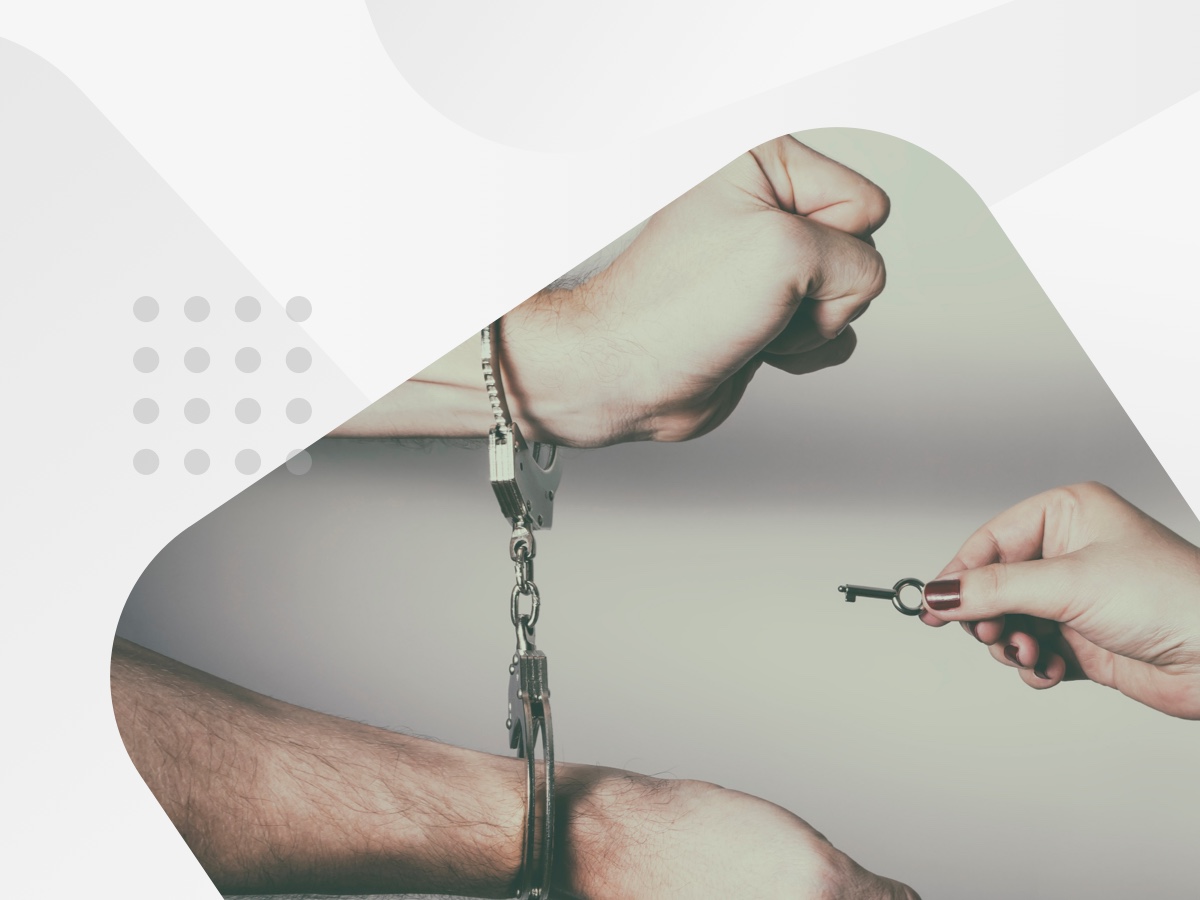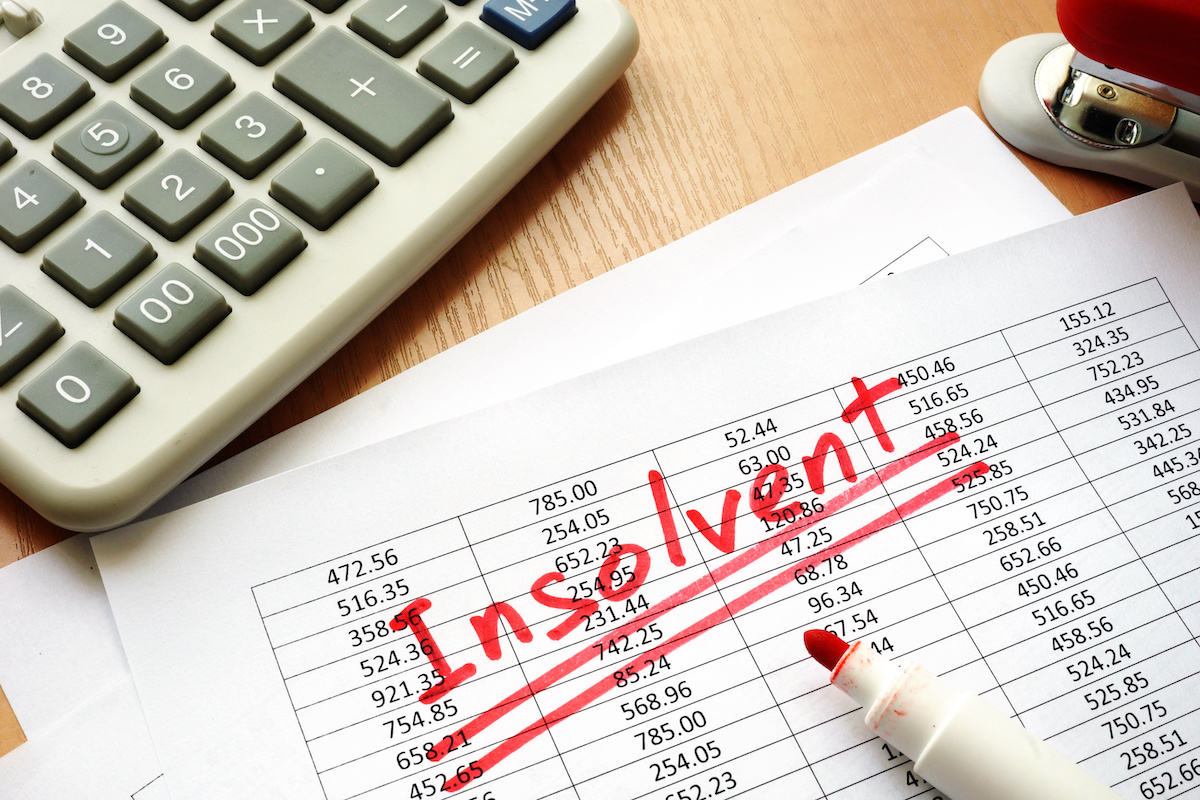Trading with a company that is bankrupt or has been involved in bankruptcy is risky business. Ensuring you have all the information possible to safeguard your own financial health is vital.
In this article, we will cover what bankruptcy is, how doing business with someone who is bankrupt can affect you, and share some tips on how to avoid bad debt with CreditorWatch.
What is Bankruptcy?
Simply put, bankruptcy is a legal process by which a business entity or individual is declared unable to pay their outstanding debts. Either filed by the debtor or the creditor, bankruptcy usually lasts for three years and one day. A registered trustee is chosen by the bankrupt party or assigned by the Official Trustee (AFSA).
The legal proceeding to declare Bankruptcy is handled in federal courts. It provides individuals or businesses freedom from their debt and allows creditors the opportunity for repayments. A debtor’s assets are measured and evaluated, and these assets may be used to repay a portion of the debt to creditors.
To file for voluntary bankruptcy, the individual or business needs to fill out a bankruptcy form. Obligations for this include providing all the details of assets, debts and income to the trustee. The trustee then notifies any creditors that are owed money by the bankruptcy applicant. If income exceeds a set amount, compulsory payments will need to be made. A trustee will also sell certain assets to assist with the payment of outstanding debts. A liquidator can be hired by the bankrupt entity to sell any assets that may be viable.
The consequences of bankruptcy
Bankruptcy can allow a fresh start when there are no other options, but it will take a few years before they are allowed to trade again. Becoming bankrupt can affect a person’s whole life, including income, ability to travel overseas, future employment, and the power to run a company again.
Above a certain threshold, the person who is bankrupt may have to make payments to the trustee and there could be restraints on their existing business and/or starting a new business. Becoming bankrupt does not release a person from all debts and only usually covers unsecured debts, but there can be exceptions. It can also affect your ability to get credit or gain certain types of employment.
Details of a bankruptcy will become visible to the public on the The National Personal Insolvency Index. This searchable public register listing includes all insolvency proceedings in Australia. There is the possibility to hide most details in circumstances where a person’s safety is at risk. The name, date of birth and status of insolvency can never be hidden.
Credit reporting agencies keep records of bankruptcy for five years from the date the person became bankrupt or two years from when the bankruptcy ends; whichever is later.
Risks associated with bankrupt individuals
When you trust someone with your finances, you need to ensure they have clean financial health. The risks can be great when working with someone who is bankrupt or has been previously bankrupt as it’s a sure sign they are not on top of their finances.
Legally a company must not trade if they are insolvent but this doesn’t always stop bad business from happening. Illegal phoenix activity can occur when a person or business has become bankrupt.
Illegal phoenix activity is when a new company continues the business of a company that has been liquidated to avoid paying outstanding debts. This can include employee entitlements, taxes and creditors.
According to The Economic Impact of Potential Illegal Phoenix Activity Report, illegal phoenix activity costs between $31 and $298 million in unpaid entitlements to employees and around $1,660 million in unpaid taxes and compliance to the government. If you knowingly do business with someone who is bankrupt you can also be penalised.
Avoid bad business with CreditorWatch
To limit your credit risk when dealing with bankrupt individuals or businesses, CreditorWatch’s credit management tools are the way to go.
A Business Credit Check conducted by CreditorWatch gives you all the information you need to assess whether a business is of value to trade with. Our credit reports show if a company has a history of bankruptcy, if they are bankrupt and even if there is phoenix activity.
High risk indicators indicate whether a business is showing signs that they may soon become bankrupt. These vital clues include payment defaults, court actions, debt collection records and administration appointments; a sure way to see if a business is on its way to bankruptcy.
CreditorWatch reports also include the business lifespan and any information on the director and shareholder details. This can show you any red flags such as if a business is very new and has the name of a previously bankrupt business.
A CreditorWatch High Risk Summary lets you know who you should keep an eye on and whether you should continue extending credit. This feature flags payment defaults, court actions, insolvency notices, mercantile enquiries, administrator or liquidator appointments and winding up notifications.
CreditorWatch has all the tools you need to avoid bad debts and make more informed decisions about who you do business with. To start your free trial or for more information on our services, visit the contact section of our website and speak to one of our team members today.



